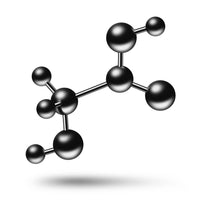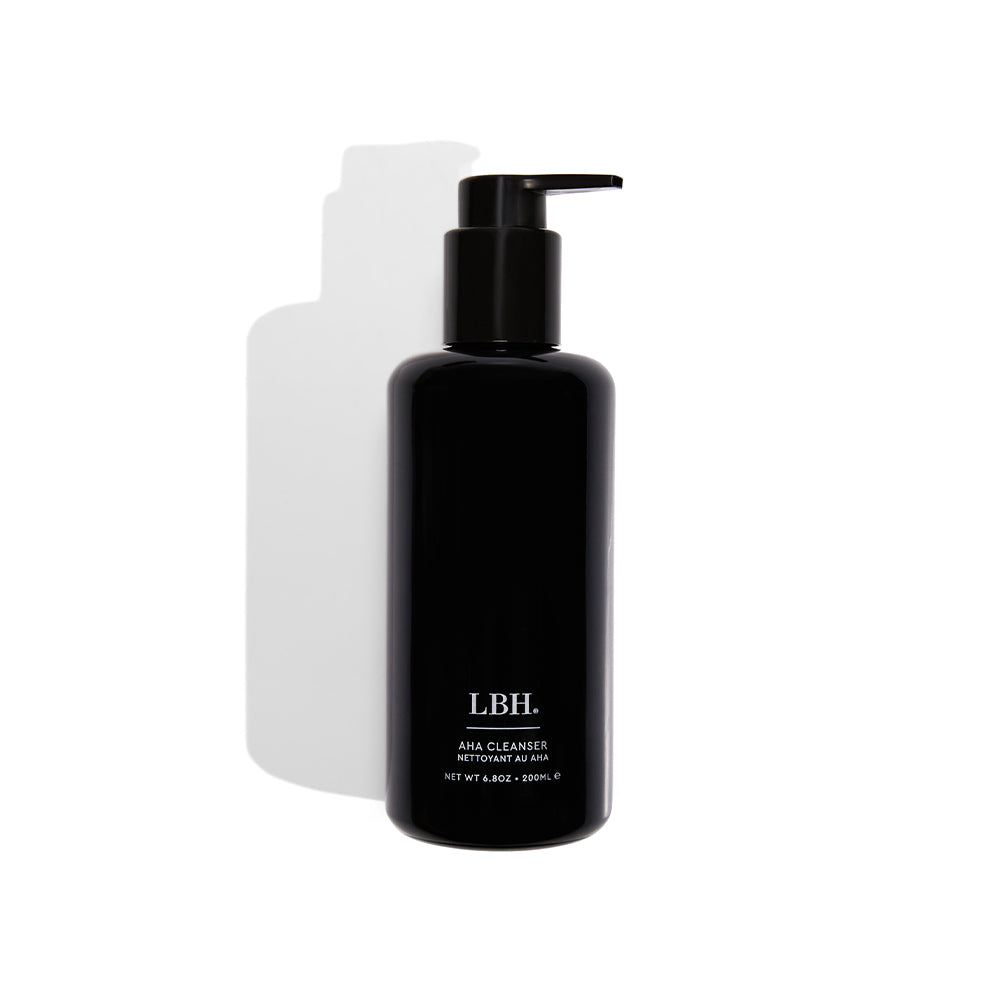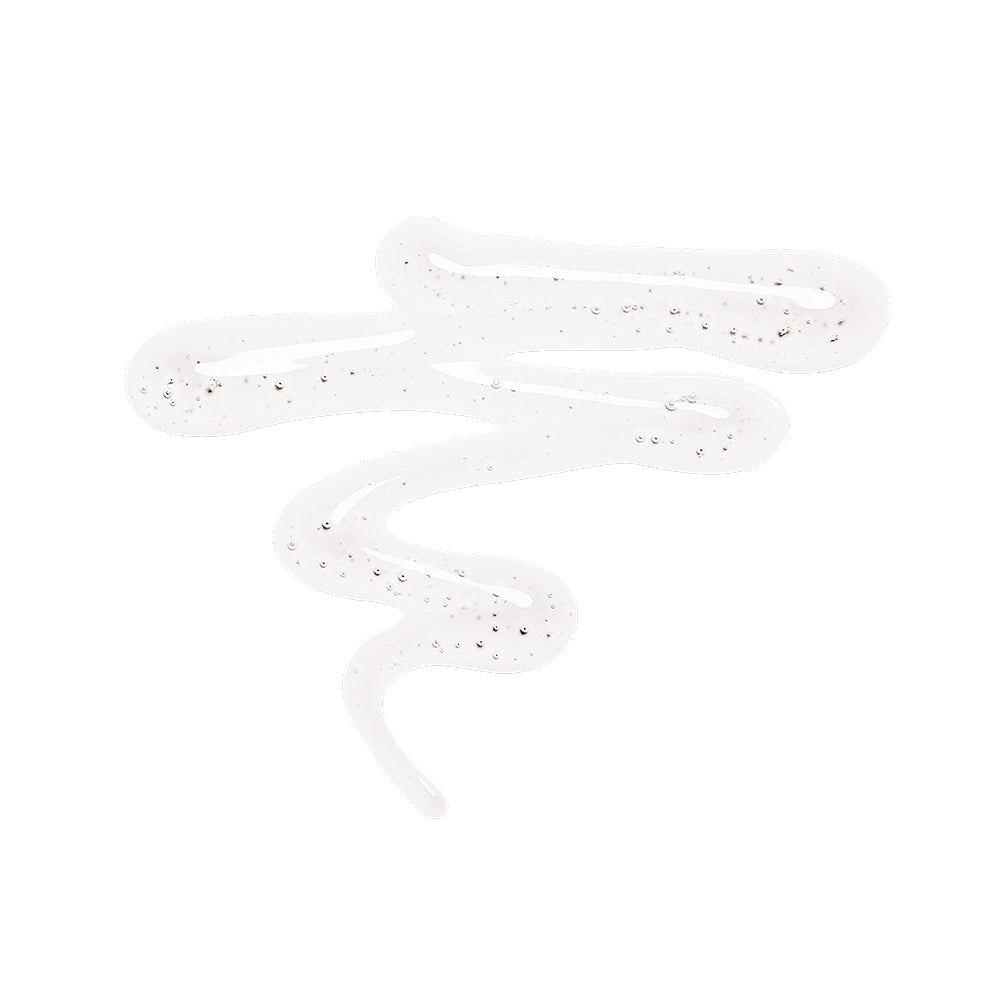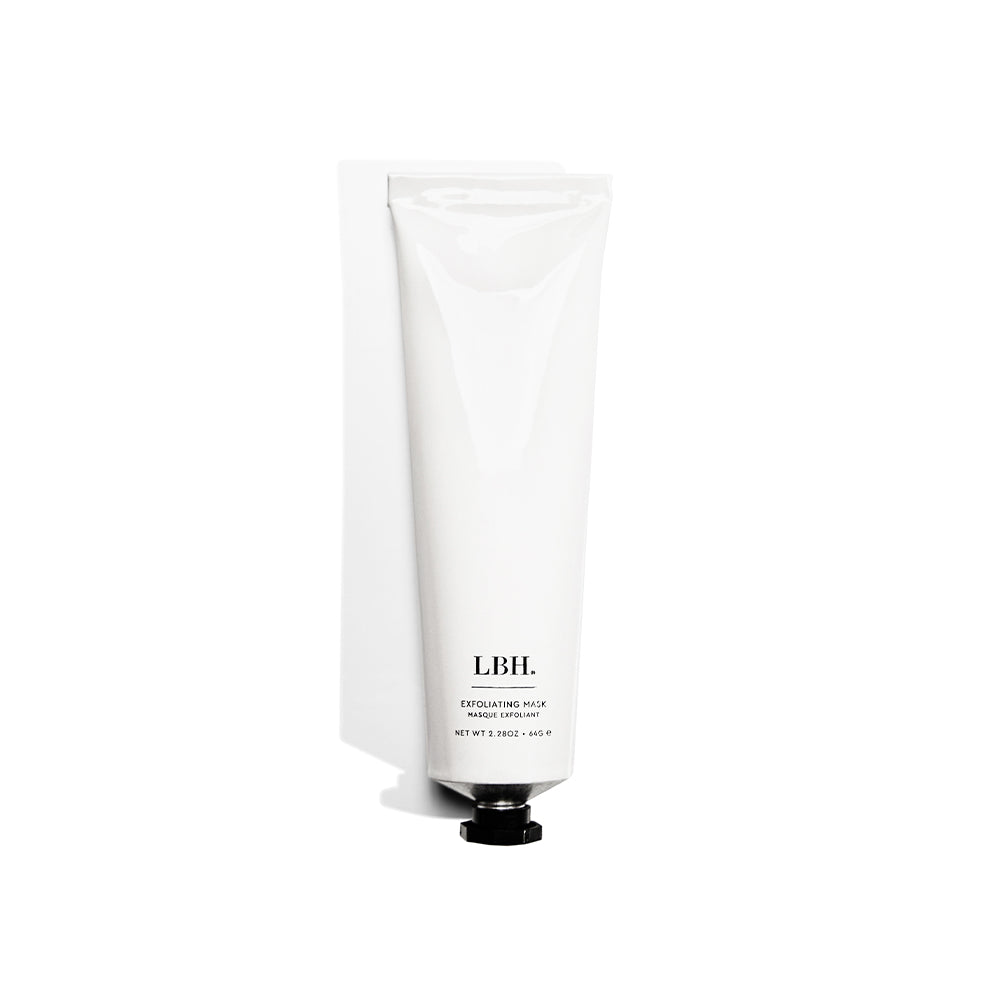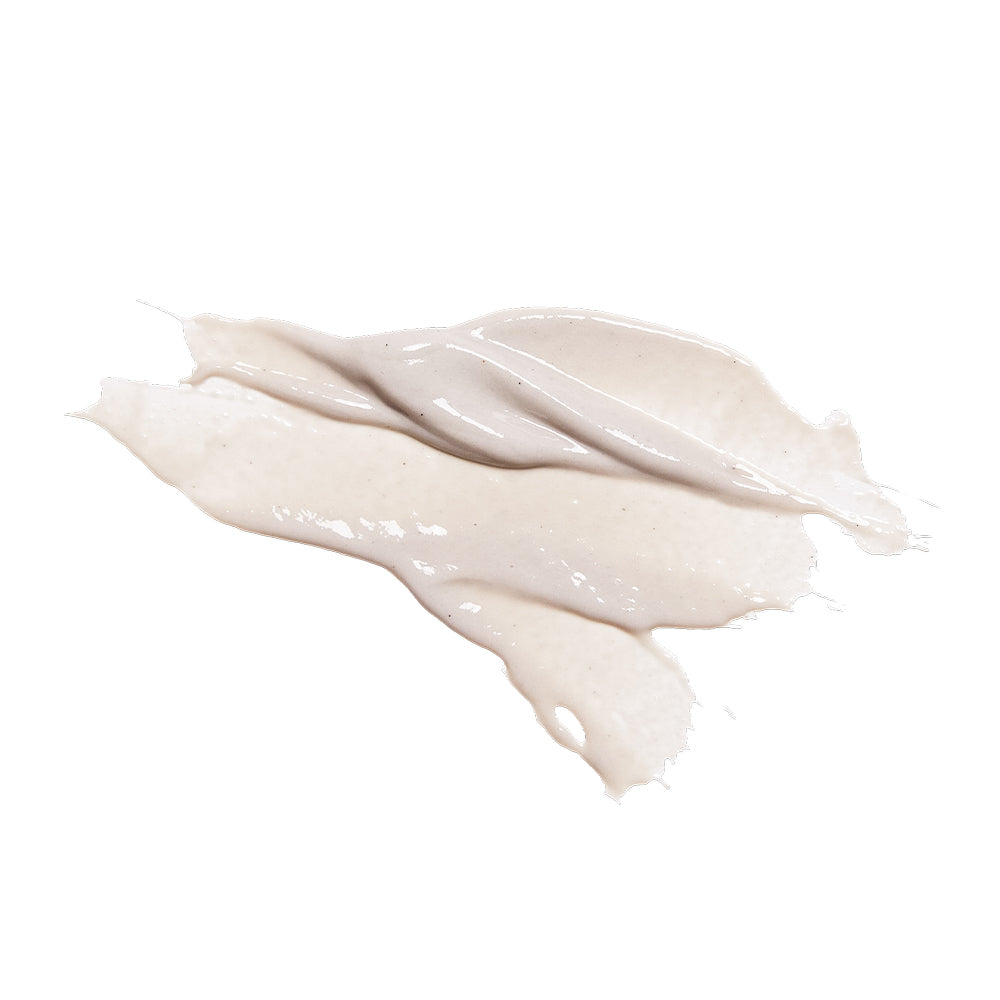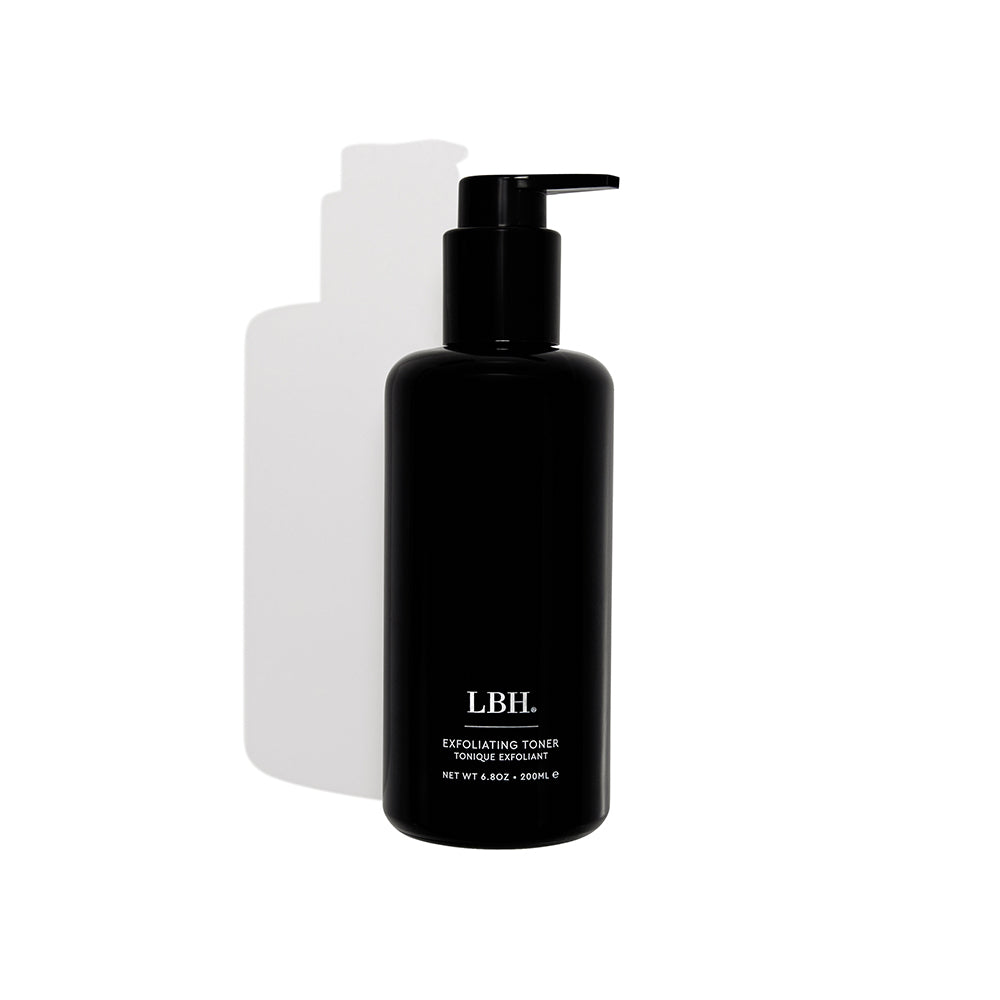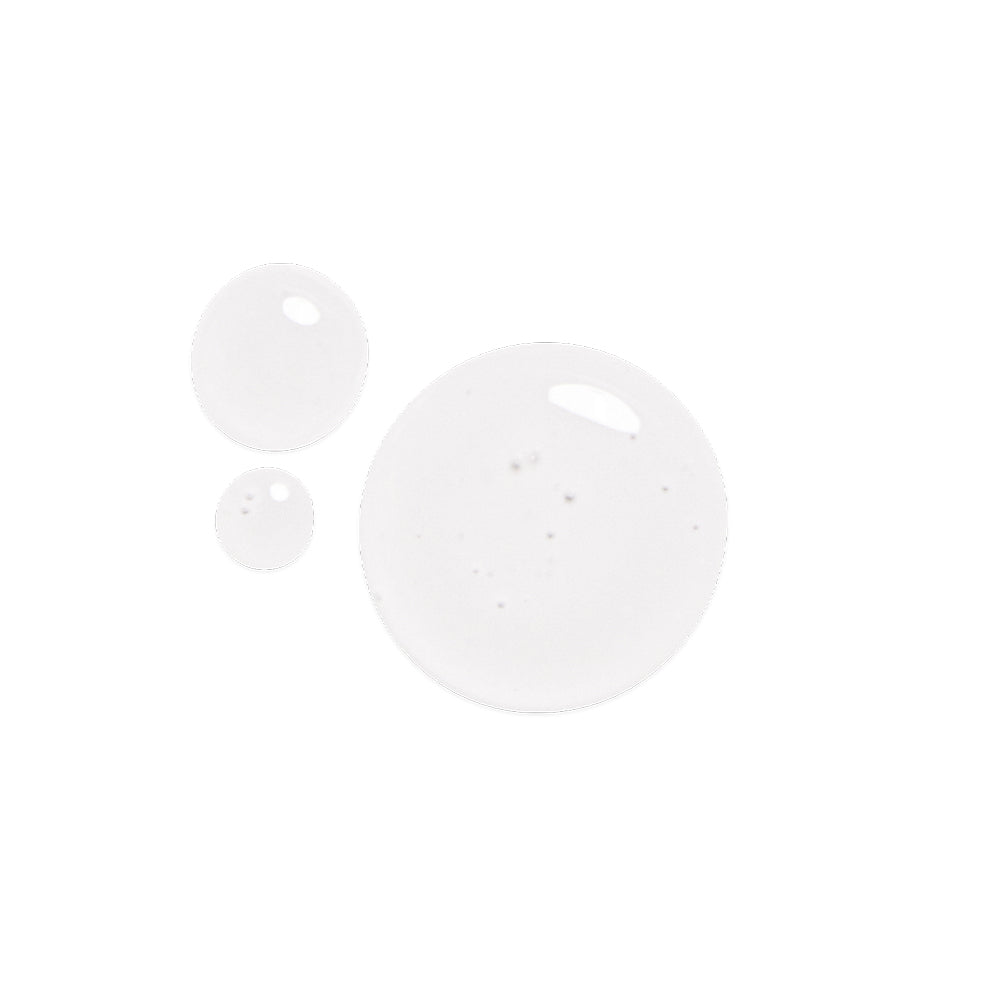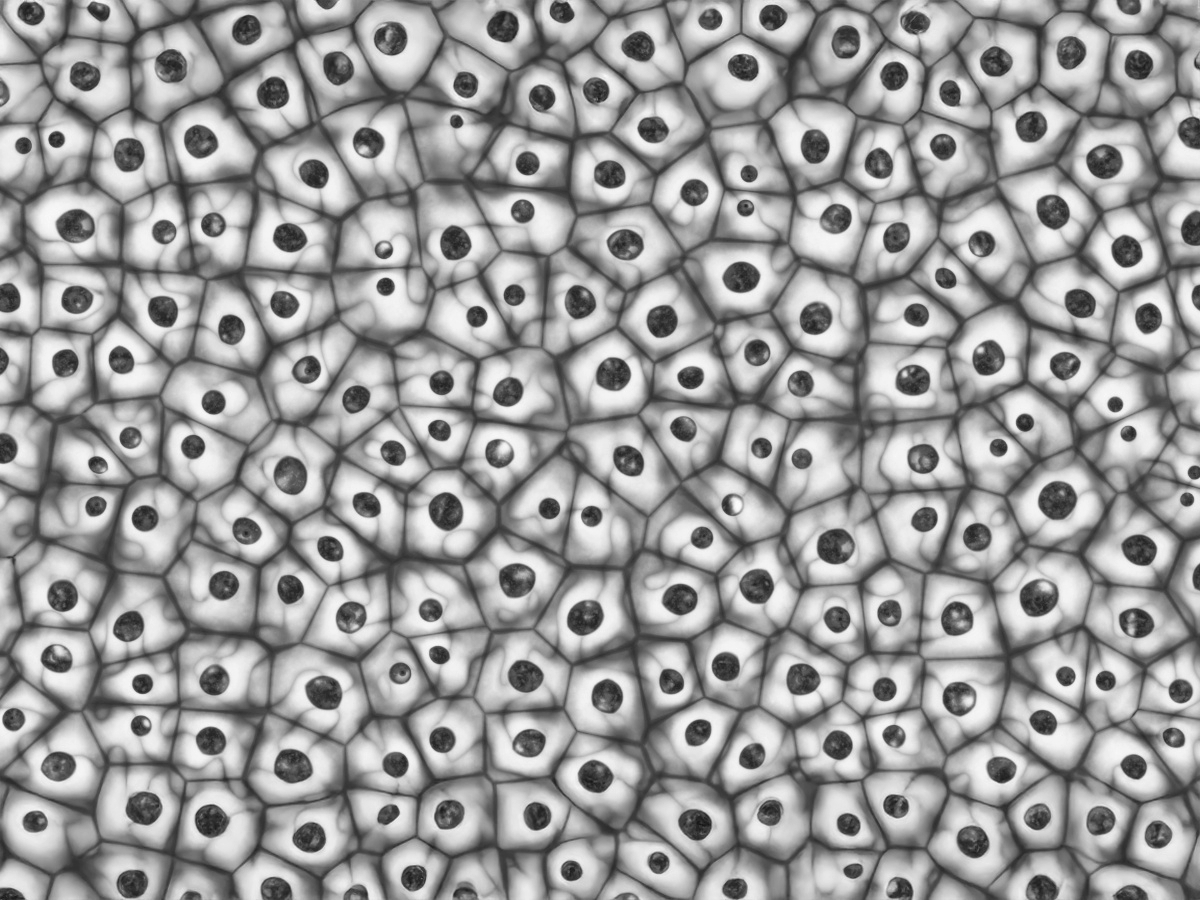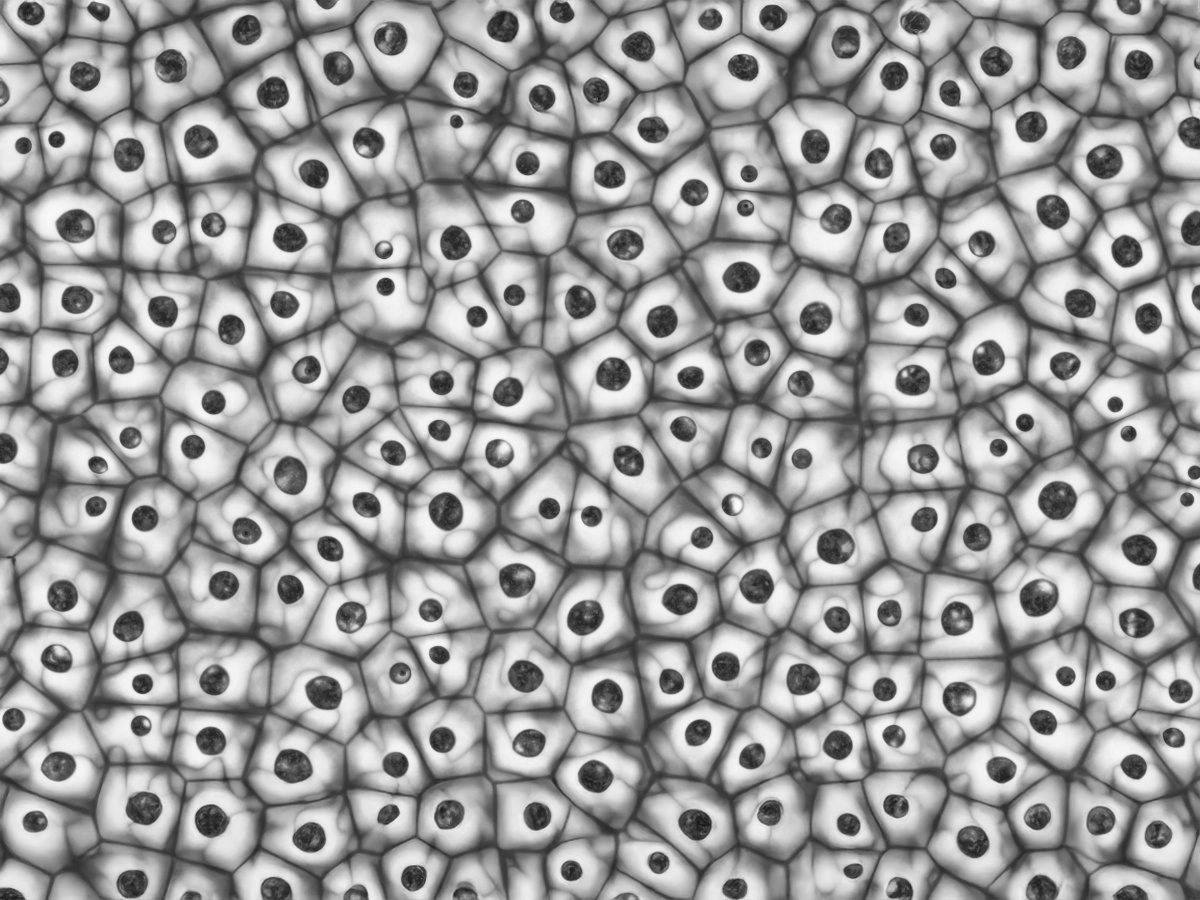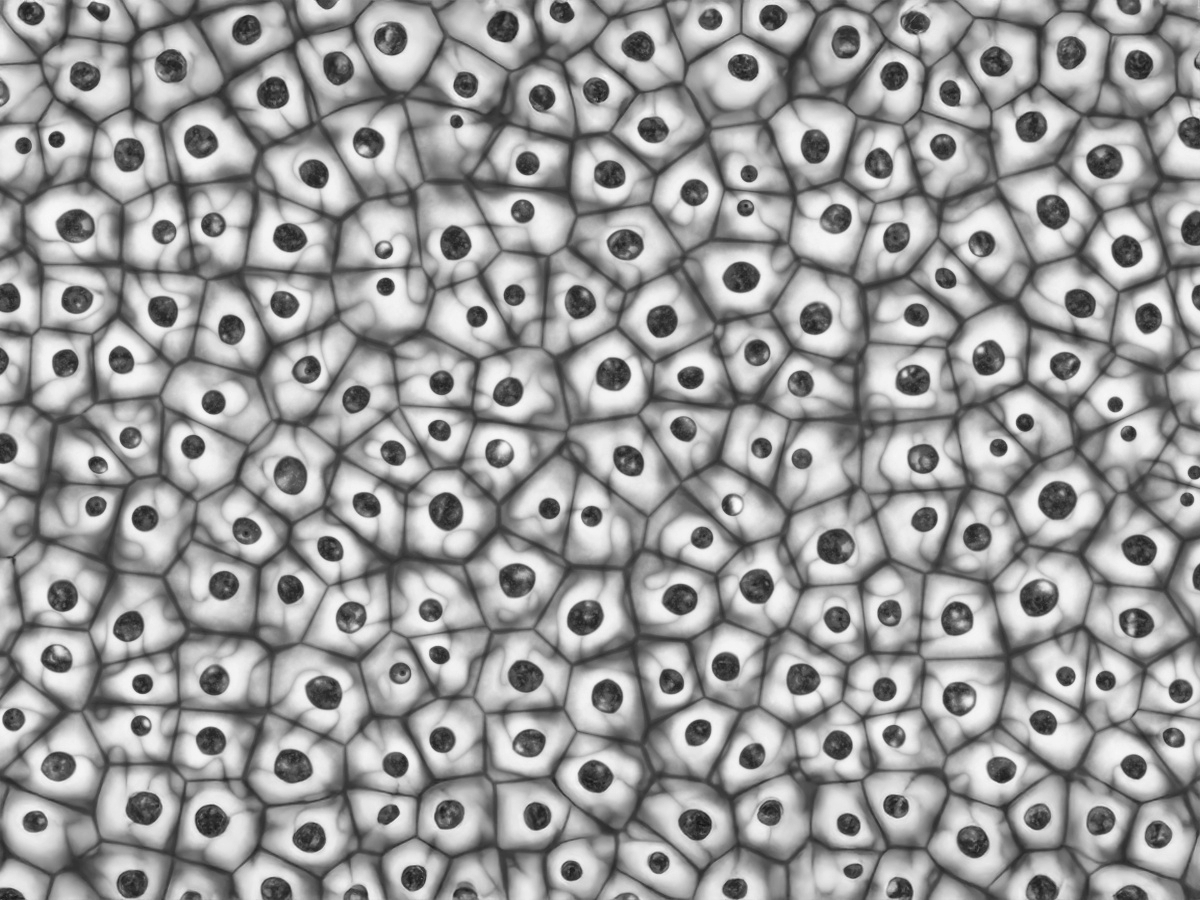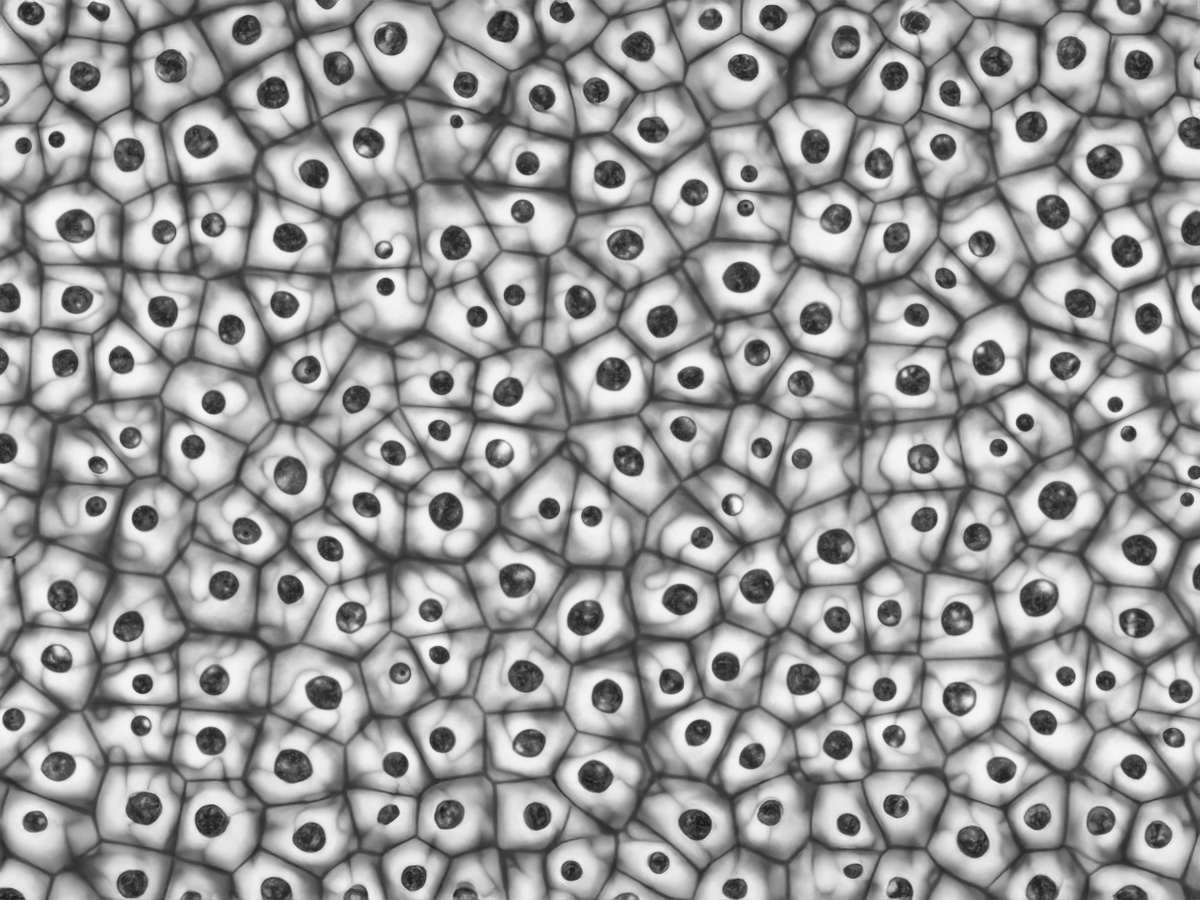Understanding the Root Cause of Premature Aging and Sensitivity
Inflammation is a complex biological response that serves as the body’s natural defense mechanism. While essential for healing, chronic or uncontrolled inflammation can become a silent aggressor, accelerating skin aging, exacerbating sensitivity, and contributing to a host of dermatological concerns. Understanding the intricate relationship between inflammation and skin health is paramount in developing an effective, science-based skincare regimen that not only soothes but also prevents underlying damage.
The Science of Inflammation: A Dual-Edged Mechanism
Inflammation is a highly regulated process involving the immune system’s response to injury, infection, or environmental stressors. It is broadly categorized into two types:
• Acute Inflammation: A short-term, beneficial response that aids in tissue repair and pathogen elimination. Characterized by redness, swelling, and heat, this type of inflammation is a crucial part of wound healing and immune defense.
• Chronic Inflammation: A prolonged, low-grade inflammatory state that disrupts normal skin function, leading to premature aging, impaired barrier integrity, and persistent sensitivity. This form of inflammation is often subclinical, meaning it can occur beneath the surface without visible symptoms until long-term damage becomes apparent.
The Impact of Chronic Inflammation on Skin Health
1. Accelerated Skin Aging (Inflammaging)
Aging and inflammation are deeply interconnected in a process known as inflammaging—a term used to describe the persistent, systemic inflammation that contributes to cellular degradation over time. Key markers of inflammaging include:
• Collagen Breakdown: Chronic inflammation triggers the release of matrix metalloproteinases (MMPs), enzymes that degrade collagen and elastin, leading to loss of firmness and increased wrinkle formation.
• Oxidative Stress: Inflammatory responses generate reactive oxygen species (ROS), which cause cellular DNA damage and impair the skin’s natural repair mechanisms.
• Barrier Dysfunction: Prolonged inflammation compromises the skin’s lipid barrier, resulting in increased transepidermal water loss (TEWL) and heightened susceptibility to environmental aggressors.
2. Sensitized and Reactive Skin
Inflammation-induced disruption of the skin barrier weakens its ability to retain moisture and defend against irritants. This often manifests as:
• Persistent redness and irritation
• Heightened sensitivity to skincare products and external pollutants
• Flare-ups of conditions such as eczema, rosacea, and acne
3. Hyperpigmentation and Uneven Skin Tone
Inflammation plays a significant role in post-inflammatory hyperpigmentation (PIH) by overstimulating melanocytes, the pigment-producing cells in the skin. This can result in stubborn dark spots following acne, UV exposure, or other inflammatory triggers.
The Root Causes of Chronic Skin Inflammation
Several intrinsic and extrinsic factors contribute to prolonged inflammation, including:
• UV Radiation: Sun exposure generates inflammatory cytokines and free radicals that accelerate photoaging.
• Pollution and Environmental Toxins: Particulate matter and toxins penetrate the skin, triggering an inflammatory cascade that exacerbates oxidative stress.
• Dietary Triggers: Processed foods, refined sugars, and inflammatory oils can heighten systemic inflammation, manifesting in skin concerns.
• Skincare Misuse: Over-exfoliation, harsh surfactants, and allergenic ingredients can induce microinflammation, leading to long-term damage.
• Chronic Stress: Elevated cortisol levels impair the skin’s ability to regulate inflammation, weakening its overall resilience.
Strategies to Mitigate and Prevent Skin Inflammation
1. Strengthen the Skin Barrier
A compromised skin barrier perpetuates the cycle of inflammation. Strengthening it with lipid-replenishing and anti-inflammatory ingredients is essential:
• Ceramides and Fatty Acids: Restore barrier function and reduce water loss.
• Niacinamide: Modulates inflammation while enhancing barrier integrity.
2. Incorporate Antioxidants
Antioxidants neutralize oxidative stress and inhibit inflammatory mediators. Key options include:
• Vitamin E: A potent antioxidant that reduces inflammation-induced pigmentation.
• Niacinimide: Niacinamide helps regulate the production of NAD+ (nicotinamide adenine dinucleotide), a crucial molecule involved in cellular repair mechanisms, which indirectly contributes to antioxidant activity within the skin cells.
• Polyphenols: Known for anti-inflammatory and longevity-enhancing properties.
3. Opt for Gentle, Anti-Inflammatory Formulations
Skincare should support, rather than challenge, the skin’s natural equilibrium. Ideal formulations prioritize:
• Minimalist Ingredient Lists: Reducing exposure to potential irritants.
• pH-Balanced Products: Maintaining the skin’s optimal acidic environment.
• Hydrating and Calming Agents: Such as aloe vera and centella asiatica.
4. Sun Protection as a Non-Negotiable
Daily broad-spectrum SPF application is the most effective intervention against inflammation-driven skin aging. Physical sunscreens containing zinc oxide and titanium dioxide offer additional anti-inflammatory benefits.
5. Holistic Lifestyle Interventions
• Anti-Inflammatory Diet: Prioritize omega-3 fatty acids, polyphenols, and vitamin-rich whole foods.
• Stress Reduction: Mindfulness practices such as meditation and controlled breathing regulate inflammatory responses.
• Adequate Sleep: Essential for cellular repair and inflammation control.
Chronic inflammation is a formidable yet modifiable factor in skin health and aging. By recognizing and addressing its root causes, one can cultivate a resilient, luminous complexion free from premature degradation. A science-driven, inflammation-conscious skincare approach—combined with holistic lifestyle choices—ensures that the skin remains not only youthful but fundamentally healthy at every stage of life.
Disclaimer: This content is intended for educational and informational purposes only and does not constitute medical advice, diagnosis, or treatment. The information presented reflects current dermatological research and expert opinion but should not be used as a substitute for consultation with a qualified healthcare professional. Always seek the guidance of your physician, dermatologist, or licensed skincare provider with any questions regarding your individual skin health, underlying conditions, or treatment protocols. Individual responses to skincare products and lifestyle changes may vary.
